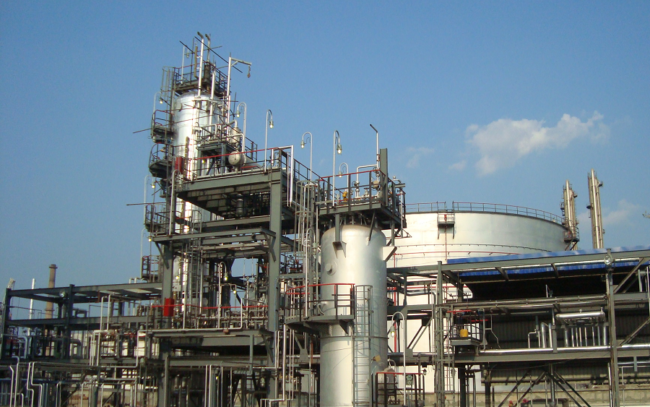The African Development Bank (AfDB) says President Muhammadu Buhari’s plan to lift 100 million Nigerians out of poverty by 2030 is threatened by the high rate of unemployment and income inequality in the country.
Akinwumi Adesina, AfDB president, said this on Tuesday at an investors’ webinar designed to showcase the investment opportunities in Nigeria’s privatisation and economic reforms programmes.
Adesina, who was represented by Lamin Barrow, director-general of the bank’s Nigeria country office, said there were high fiscal risks due to reliance on oil, weakness in non-oil revenues and high debt service payments.
He also said risks to medium-term growth for the country include inflation, insecurity, and high unemployment.
Advertisement
“Poverty headcount has increased, with approximately five million more Nigerians likely to have been pushed into poverty in 2020. High unemployment and income inequality (35.1 per cent in 2020) pose significant challenges to government’s objective to lift 100 million people out of poverty by 2030,” he said.
“Fiscal risks are likely to remain elevated in the medium-term due to high dependence on oil receipts, weaknesses in non-oil revenues (less than four per cent of GDP) and high debt service payments (exceeding 60 per cent of federally retained revenues) amidst spending pressures.
“Besides the uncertainties associated with the pandemic, other downside risks to the medium-term growth outlook include fiscal pressures – (fiscal and current account deficits and financing); persistent (food) inflation; insecurity and high levels of unemployment, which has increased to 33.28 per cent (and especially youth unemployment – estimates range from 38 to 42.5 per cent.”
Advertisement
He added that the coronavirus outbreak had amplified already weak social conditions.
According to him, the recovery in crude oil prices, increase in the value added tax (VAT) rate to 7.5 per cent and elimination of petrol subsidy would provide some fiscal relief for the Nigeria economy.
Adesina applauded the government’s efforts at cushioning the health and economic impacts of the pandemic on the people and economy, especially through the increase in the number of beneficiaries of the conditional cash transfers from 2.5 million to 7.6 million.
He recommended that the government provide an enabling environment for public-private partnerships to close Nigeria’s infrastructure gap and ensure more investments in the country.
Advertisement
Adesina said the AfDB was supporting the federal government’s efforts in addressing Nigeria’s infrastructure deficit in through development of both national and regional infrastructure.
In the energy sector, he said the AfBD’s support will help improve access and reliability of electricity supply by attracting private sector participation.
According to him, the $256m and $200m financing respectively for the Nigeria Transmission Expansion Project (NTEP-1) and the Nigerian Electrification Project (NEP) will contribute to strengthening of the transmission network and promote off-grid solutions.
In the transport sector, he explained that the bank’s $430m support for the Enugu-Bamenda road linking Nigeria and Cameroon, expected to be completed this year, will provide a gateway for enhanced trade between West Africa and Central Africa.
Advertisement
“We are working closely with the ECOWAS Commission and the concerned countries to finalize the feasibility studies for the landmark Abidjan-Lagos Highway,” he said.
“We expect the construction of the corridor to commence next year. This highway will link 85 percent of the trade volumes in ECOWAS.”
Advertisement






